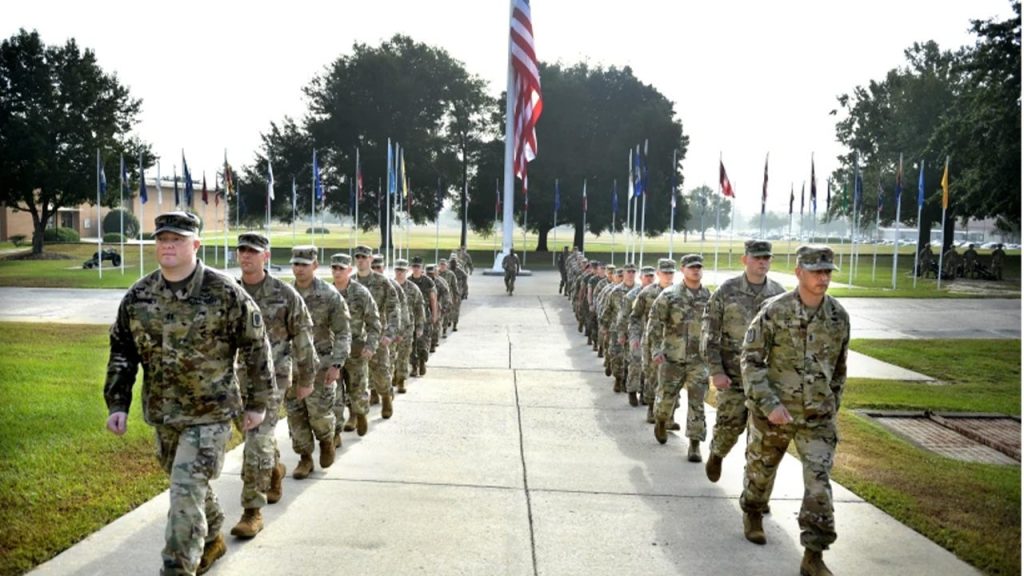On a seemingly ordinary Saturday morning, the tranquility of Fort Eisenhower, an expansive Army base nestled in Augusta, Georgia, was shattered by an active shooter incident that claimed the life of one individual and plunged the community into a state of fear and uncertainty. Shortly before 9 a.m. local time, the base, formerly known as Fort Gordon and home to over 110,000 residents, abruptly initiated lockdown procedures, disseminating urgent alerts via social media platforms. The stark message, “IF YOU ARE IN DANGER TAKE APPROPRIATE ACTION!” reverberated across the digital landscape, instantly transforming a peaceful weekend into a scene of potential peril.
The chilling reality of the situation unfolded within the confines of on-post housing, where the victim fell prey to the shooter’s violence. The base authorities, in their initial statements, confirmed the tragic outcome, revealing that the victim had succumbed to their injuries. In the wake of the shooting, the priority shifted to providing solace and support to the victim’s grieving family, while also extending assistance to anyone affected by the traumatic event. The identity of the deceased remained undisclosed pending notification of their next of kin.
As the investigation commenced, local and state law enforcement agencies converged on Fort Eisenhower, working in tandem to piece together the events leading to the fatal shooting. Their efforts culminated in the swift apprehension of the suspected perpetrator, who was taken into custody. The base command emphasized their unwavering commitment to the safety and well-being of their residents, reassuring the community that the protection of soldiers and families remained their paramount concern.
The incident at Fort Eisenhower underscores the pervasive threat of gun violence that continues to plague communities across the United States. Military installations, often perceived as bastions of security, are not immune to such tragedies, highlighting the vulnerability of even seemingly protected environments. The shooting serves as a stark reminder of the need for comprehensive security measures and proactive approaches to prevent violence and ensure the safety of all individuals within these communities.
The aftermath of the shooting left the Fort Eisenhower community grappling with the emotional toll of the tragedy. The sudden loss of life and the disruption of normalcy created an atmosphere of anxiety and grief. Support services and counseling were made available to residents struggling to cope with the trauma, offering a pathway to healing and resilience in the face of adversity. The incident also sparked discussions about gun control and security protocols within military bases, prompting a renewed focus on preventing future occurrences.
The Fort Eisenhower shooting reverberated beyond the confines of the base, resonating with communities across the nation that have experienced similar tragedies. It served as a painful reminder of the ongoing struggle to curb gun violence and the urgent need for comprehensive solutions to address this complex issue. As the investigation progresses, the focus will remain on providing justice for the victim and their family, while simultaneously working towards creating safer environments for all members of the military community and beyond.

